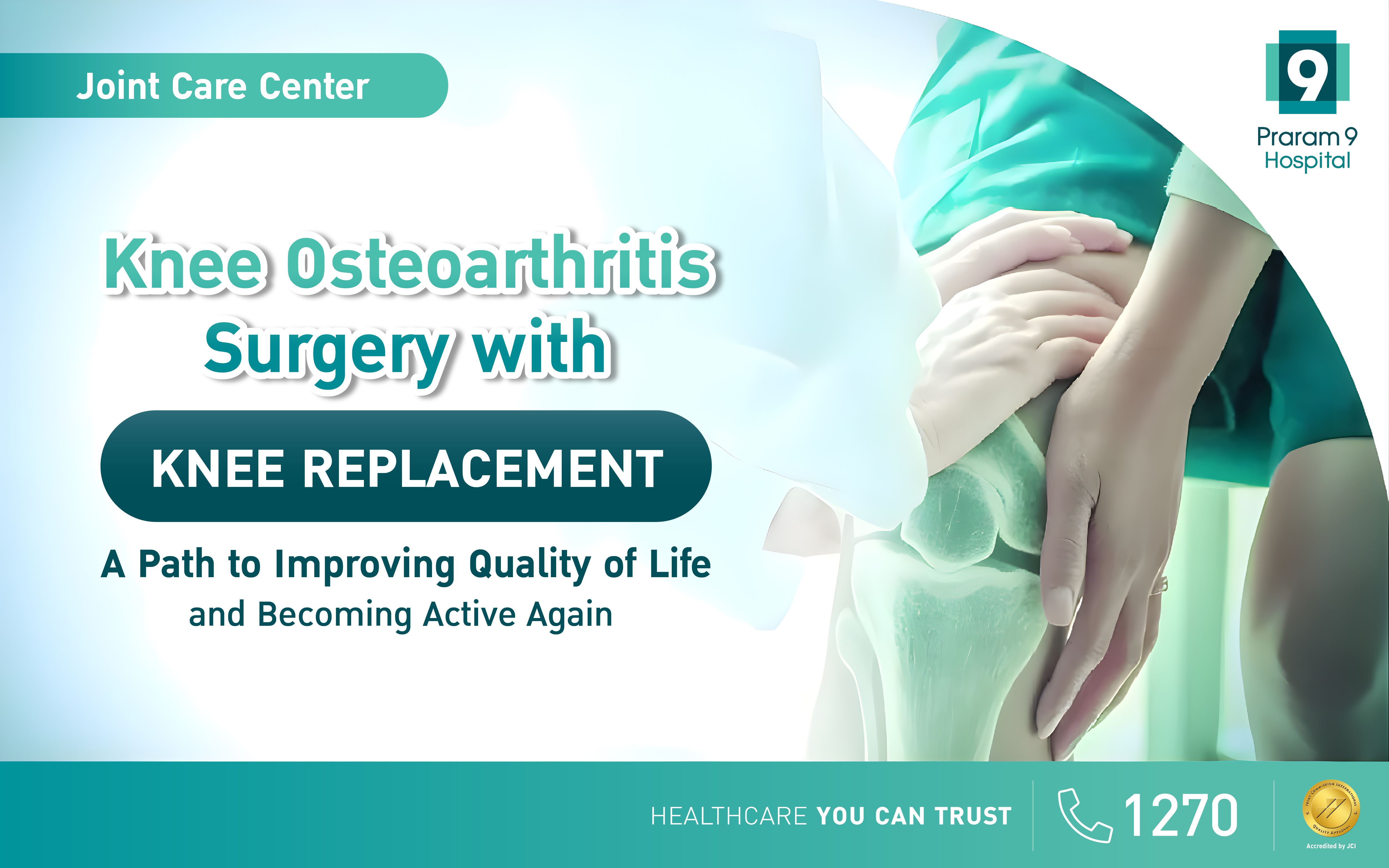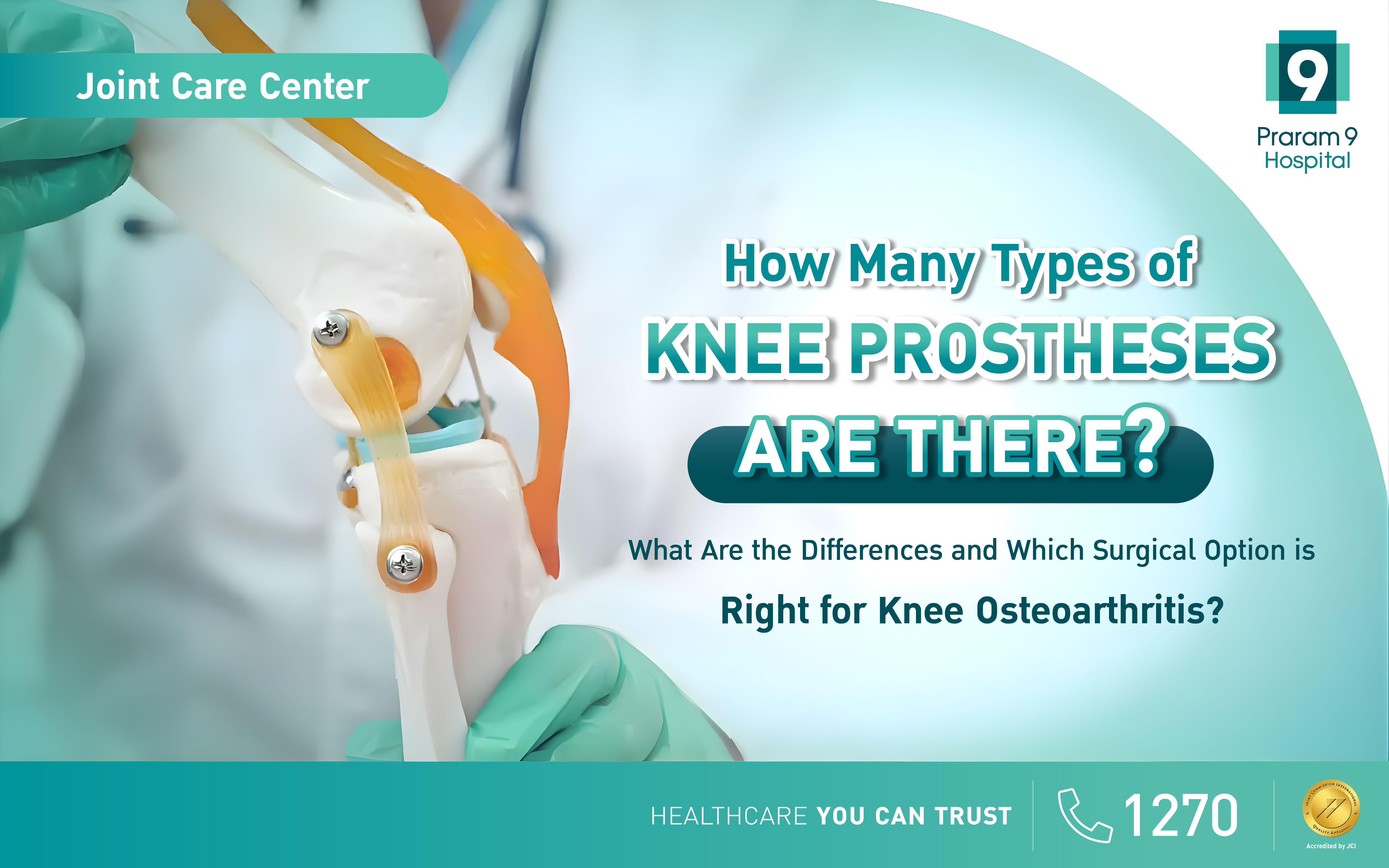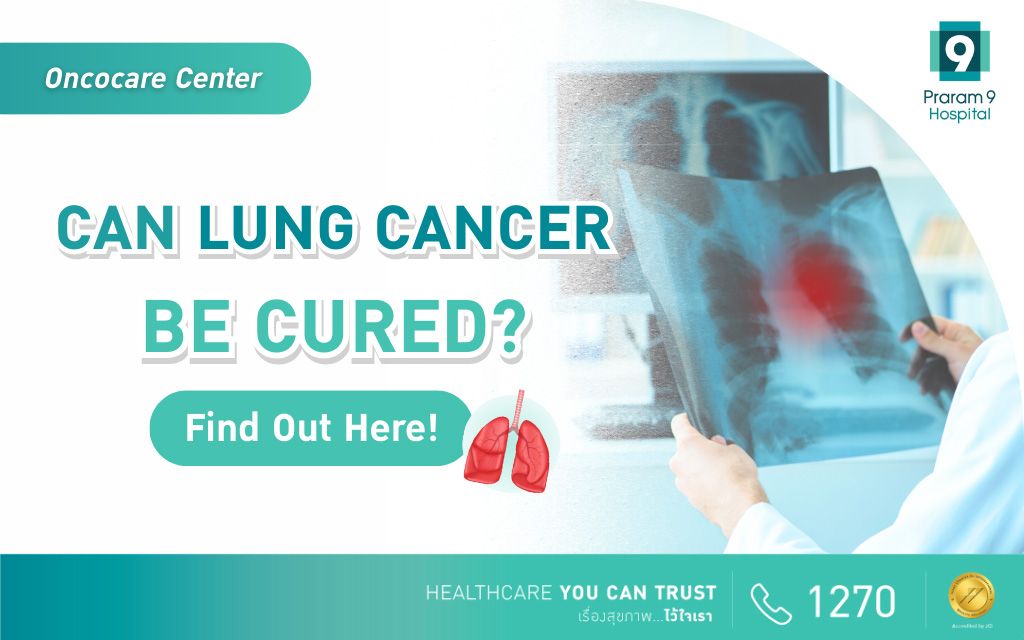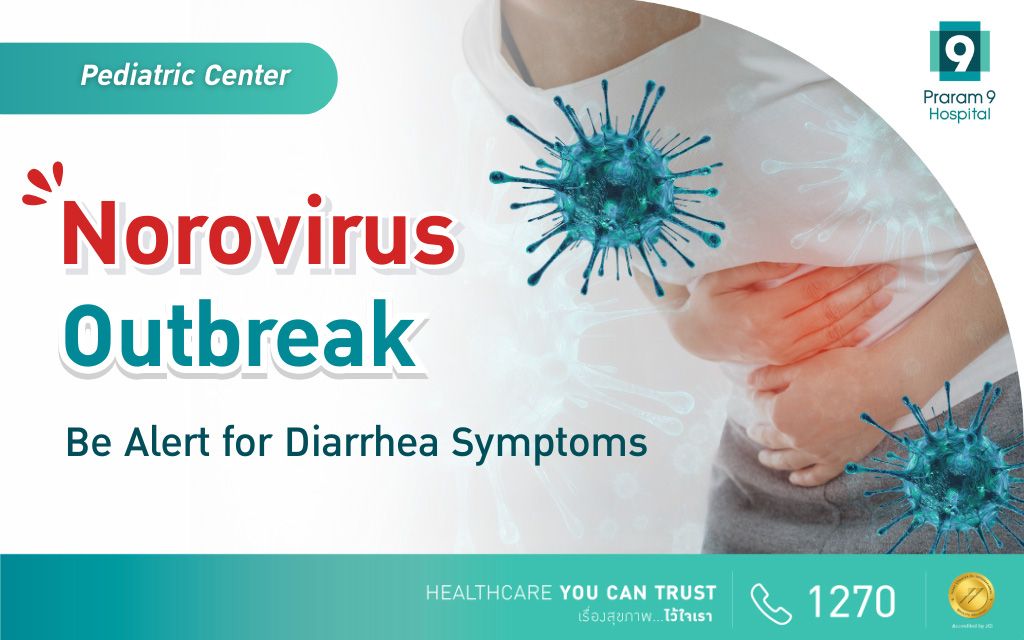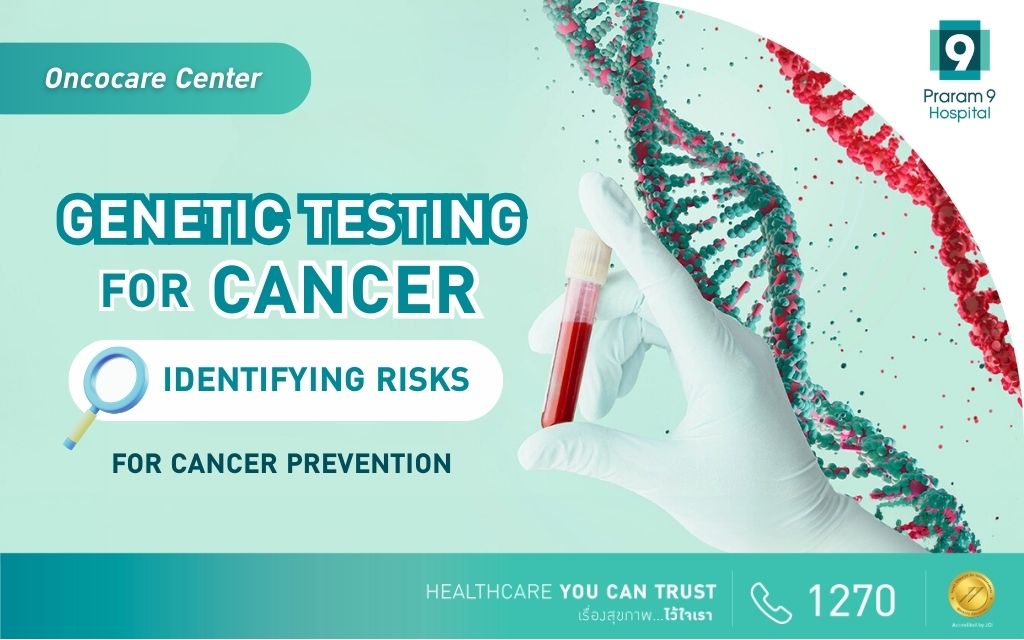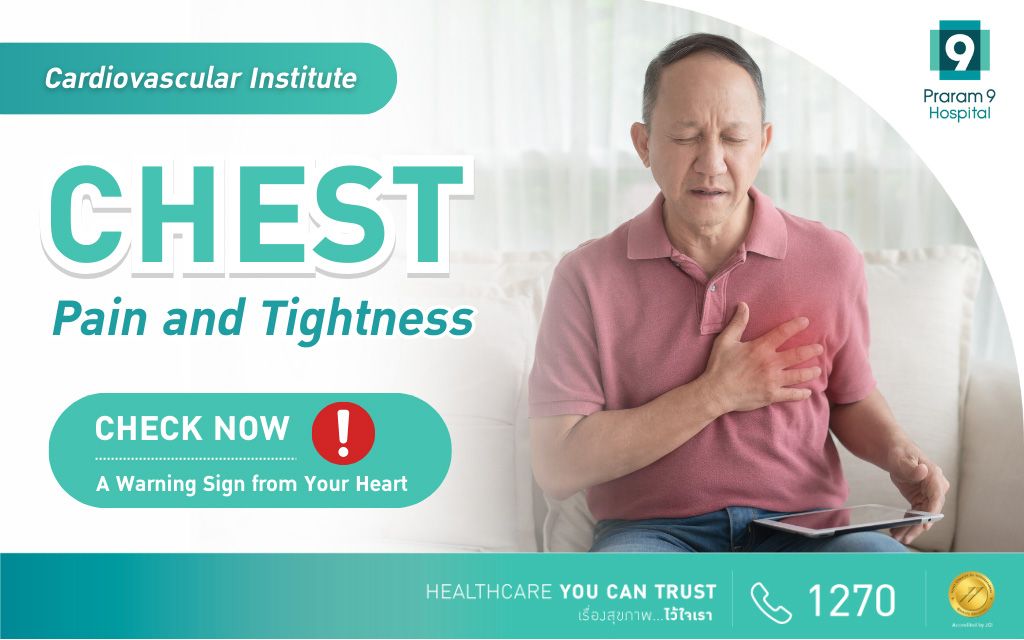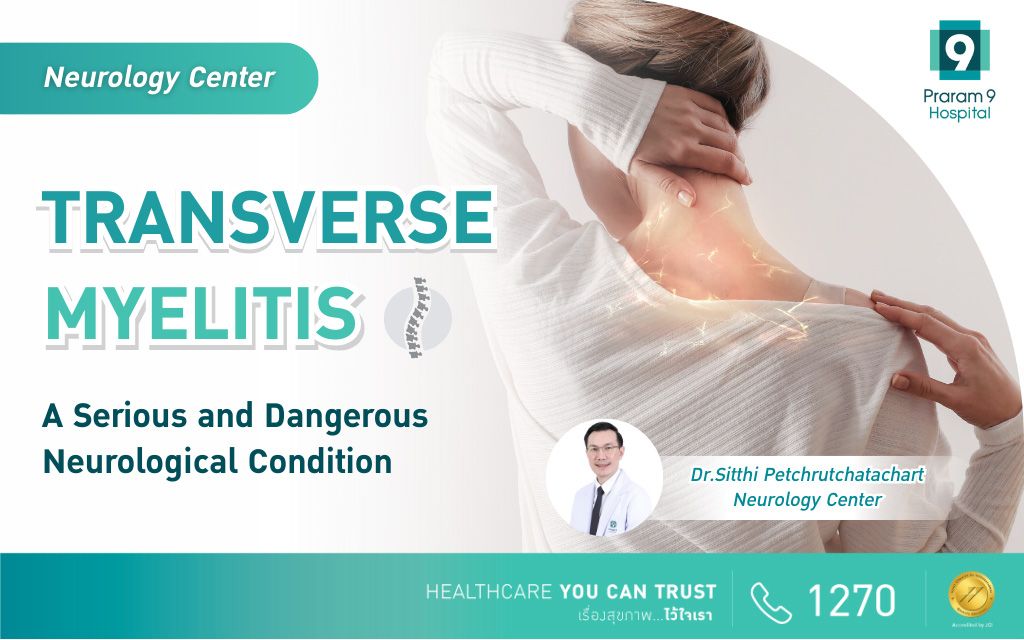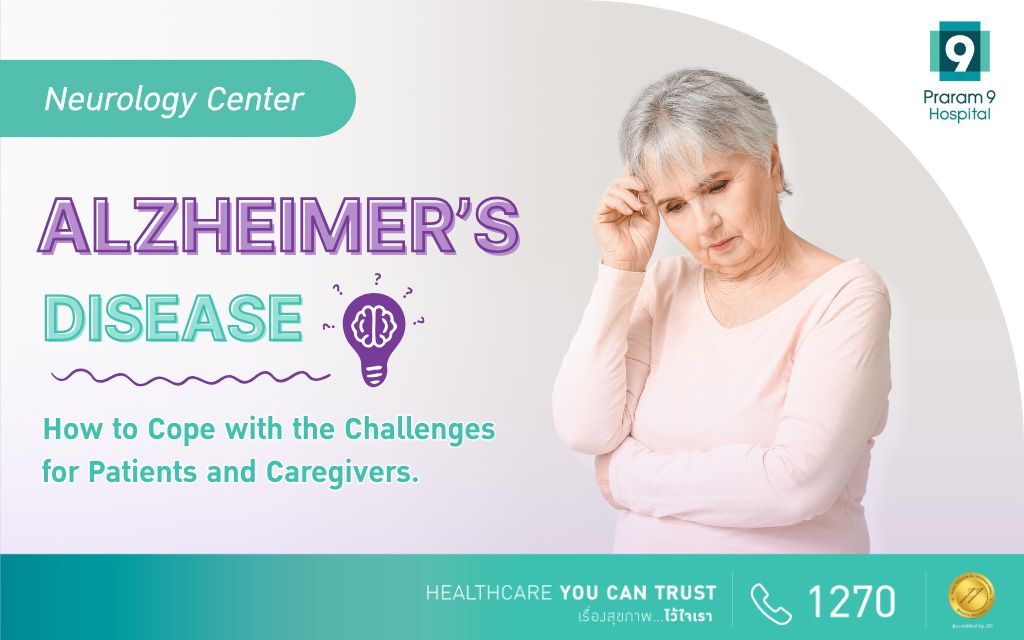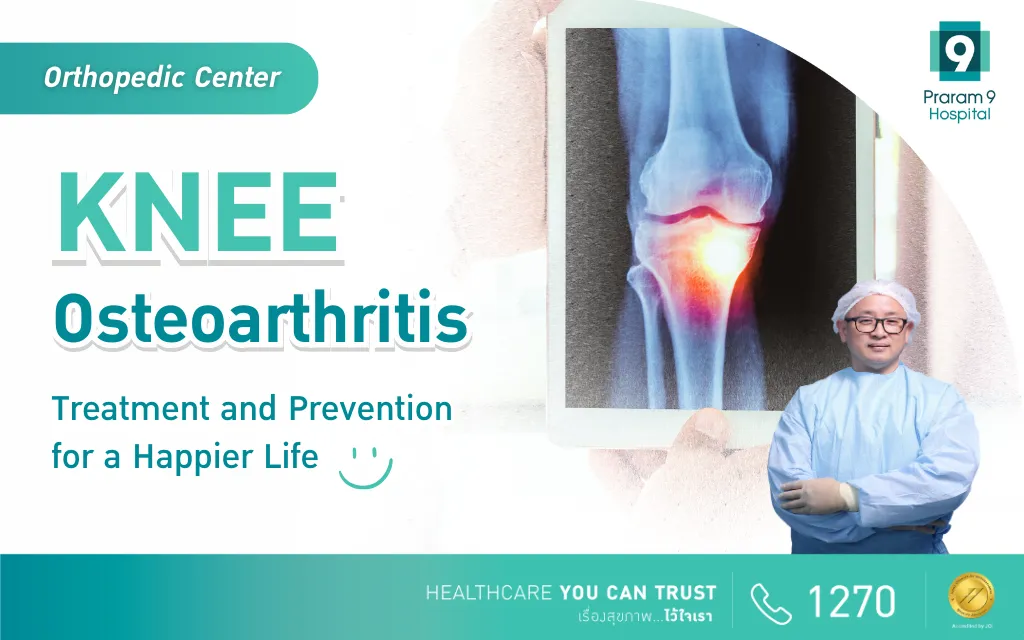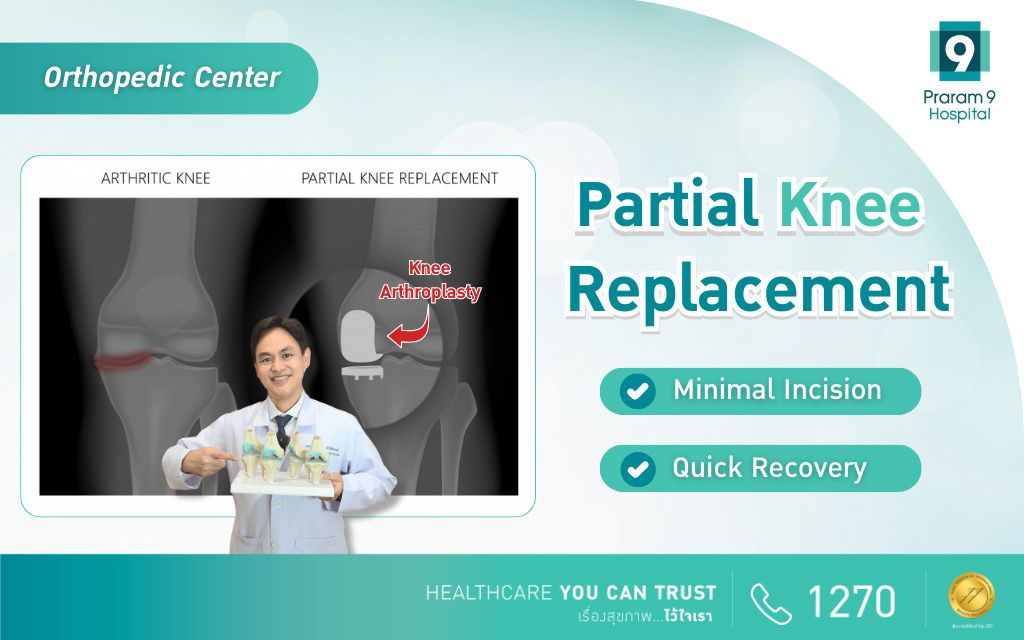Health Articles
Knowledge
Acute Hepatitis and Recommendations for Those with Hepatitis
RAPEEPUN KALAYAVINAI,M.D.
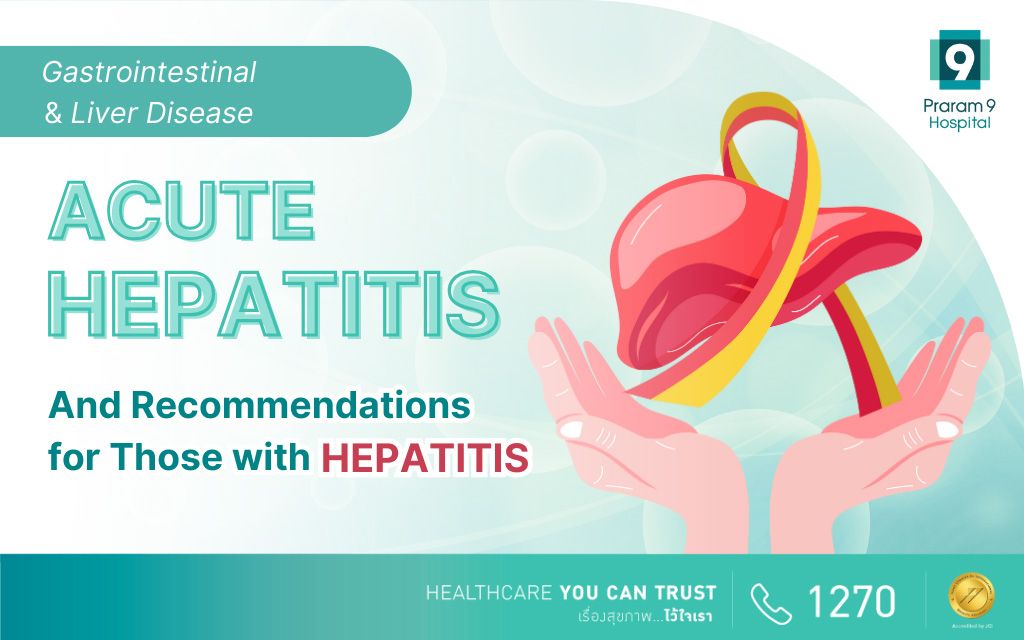
The liver performs over 500 vital functions every day to keep us alive. Testing, treating, and preventing viral hepatitis are crucial for maintaining liver health.
Table of contents
- What is Hepatitis?
- Recognizing Hepatitis Symptoms, Complications, or Risks
- Recommendations for Those with Hepatitis
- Conclusion
What is Hepatitis?
Hepatitis is an inflammation of the liver, typically caused by a viral infection or non-infectious agents such as drugs, toxins, or alcohol. There are five main strains of the hepatitis virus – A, B, C, D, and E. Among these, hepatitis B and C are the most prevalent, causing 1.3 million deaths and 2.2 million new infections each year.
Recognizing Hepatitis Symptoms, Complications, or Risks
If you experience any of the following symptoms, consult a doctor immediately, as they may indicate hepatitis, complications, or an increased risk of liver inflammation:
- Fever
- Dark urine
- Yellowing of the skin or eyes (jaundice)
- Fatigue
- Abdominal swelling
- Abdominal pain or discomfort
- Confusion or lethargy
- Bruising or bleeding easily
Recommendations for Those with Hepatitis
General Recommendations
- Confirm Diagnosis: Verify that hepatitis is indeed caused by the reason suggested by your doctor. Hepatitis can result from various causes, so it’s important for the attending physician to confirm the accuracy of the diagnosis and determine if further investigation is necessary.
- Follow Up with Your Doctor: Adhere to your doctor’s recommendations for follow-up visits.
- Avoid Liver-Affecting Substances: Avoid medications, foods, or herbs that can affect the liver.
- Rest Adequately: Avoid strenuous work and ensure you get ample rest.
- Limit Certain Medications: Avoid immunosuppressive drugs or allergy medications like steroids unless prescribed by your doctor.
- Refrain from Alcohol: Do not drink alcohol or herbal liquors.
- Watch Your Diet: Avoid groundnuts, dried corn, or stale chili powder, as they may contain aflatoxins that can increase the risk of liver cancer.
- Monitor Symptoms: If you experience unusual symptoms such as fever, dark urine, jaundice, fatigue, abdominal swelling, pain, confusion, or bruising, consult a doctor immediately.
- Practice Caution with Personal Items: Exercise caution with items like razors, earrings, and toothbrushes. While saliva is not a primary transmission route, using separate utensils is advisable.
- Consider Vaccination: Once acute inflammation subsides, consider getting the hepatitis A vaccine.
- Dietary Guidelines: There are no specific dietary restrictions. The idea that consuming sweet drinks has been debunked. You can eat normally, but it’s wise to avoid overly sweet foods, as they can be converted to fats and potentially exacerbate liver inflammation. Ensure that all food is well-cooked and clean to prevent complications such as diarrhea.
Additional Recommendations Based on the Cause
Hepatitis from Medication Affecting the Liver
- Allergic Reaction: If hepatitis is caused by an allergic reaction to medication, stop taking that medication immediately.
- Drug Overdose: If hepatitis results from a drug overdose, consult your doctor to decide whether to continue the medication or discontinue it entirely. The certainty of the diagnosis depends on whether the inflammation subsides within a month. If inflammation markers decrease by only half within that time frame, additional liver tests may be required.
Hepatitis from Viral Infection
- Family and Close Contacts: Bring family members or close contacts who may be at risk to be tested and vaccinated, especially those in close contact, like a spouse or partner.
- Follow Recommendations: Recovery depends on your immune response and the viral load. Adhere to your doctor’s recommendations for the best outcome.
Conclusion
By understanding and following these recommendations, you can manage hepatitis effectively and reduce the risk of complications. Always consult with a healthcare professional for personalized advice and treatment plans.

